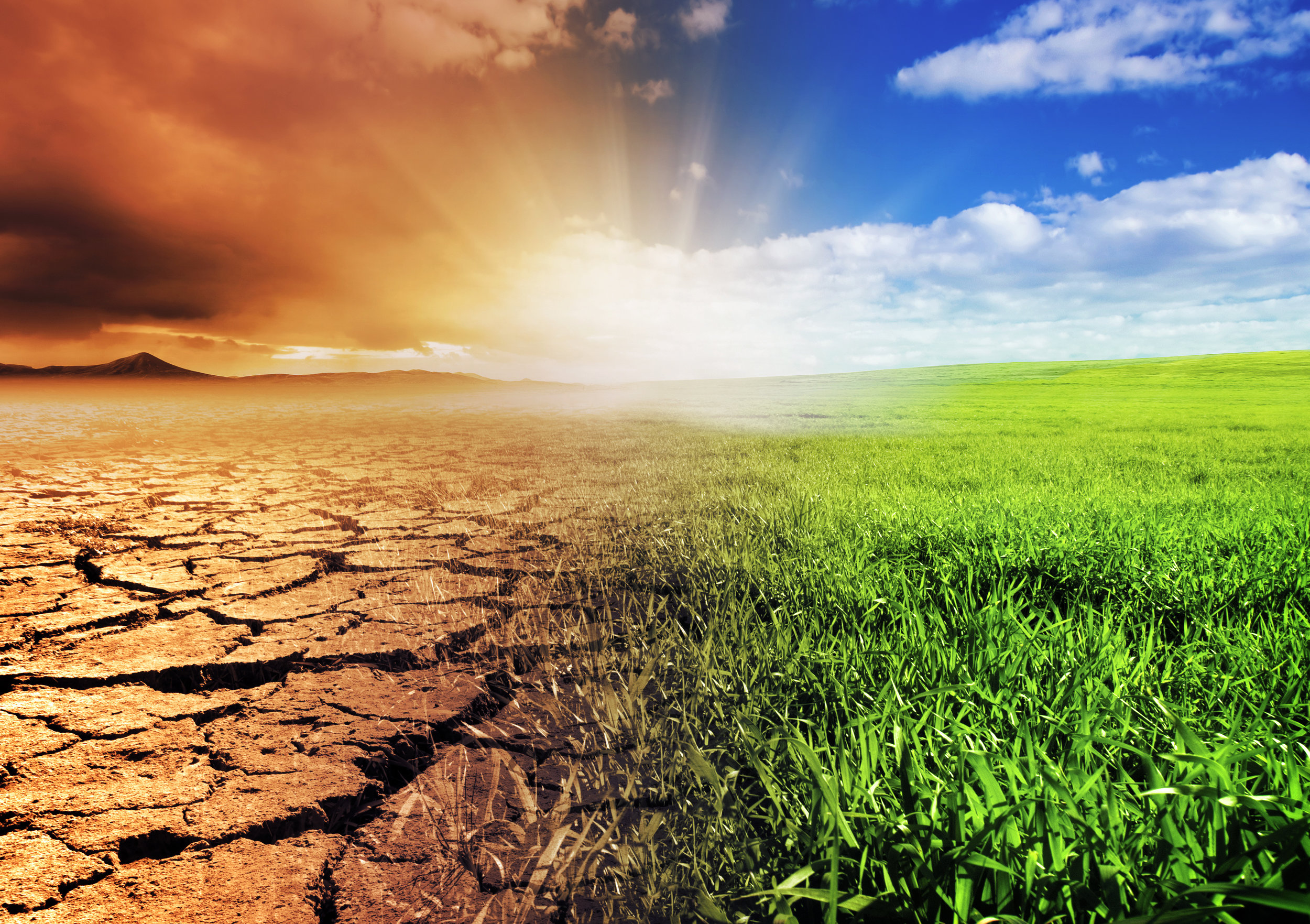COAL ASH
While the energy sector is moving away from coal for a multitude of reasons, the negative health impacts of this dirty fuel continue. Not only does coal pollute the air when burned, but the storage of coal ash —a waste product from burning coal that is laced with heavy metals like mercury, arsenic, lead, and selenium—has a significant potential to contaminate water and air, raising the risk to nearby communities of cancer, lower IQ in children, and organ damage. Coal ash is commonly stored in both unlined, and more recently, lined ponds. Unlined ponds have the potential to leach into groundwater supplies. Lined and unlined ponds create the risk of water contamination through unintentional spills and intentional releases to avoid pond overflows. They also create air quality contamination when dry solids blow out of ponds or are aerosolized and released into nearby communities.
As You Sow engages and files resolutions with energy companies to request that they move away from coal and, in the near term, take strong action to mitigate the risk of health impacts related to the burning and storage of coal in the communities in which they operate. These communities are frequently small, low-income, and disadvantaged communities. Our coal-related work has become even more important during this time of pollution prevention rollbacks and uncertainty around some of the common sense rules developed to protect community water and health.






